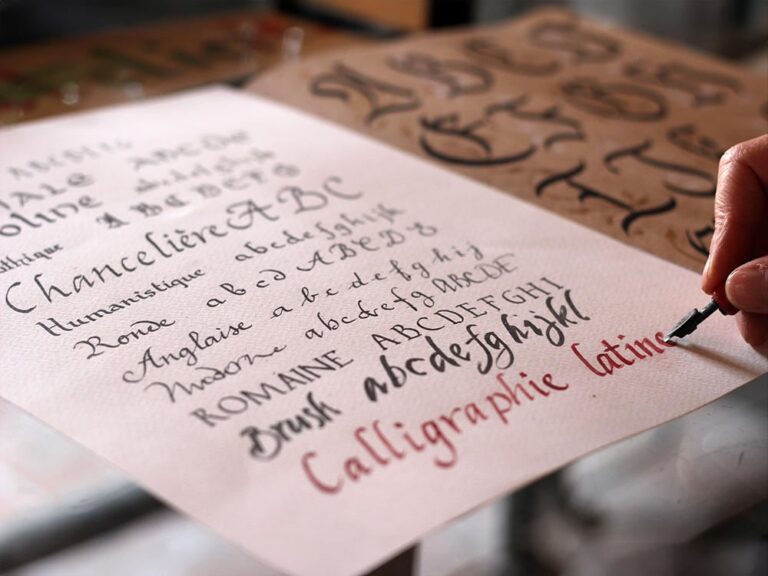Irregular verbs overview
Regular vs. Irregular Verbs: A Brief Overview In French, as in many other languages, verbs are categorised as either regular or irregular based on their conjugation patterns. Conjugation refers to how a verb changes in form to match different subjects, tenses, and moods. Regular verbs follow predictable patterns, making them relatively easy to conjugate once…









